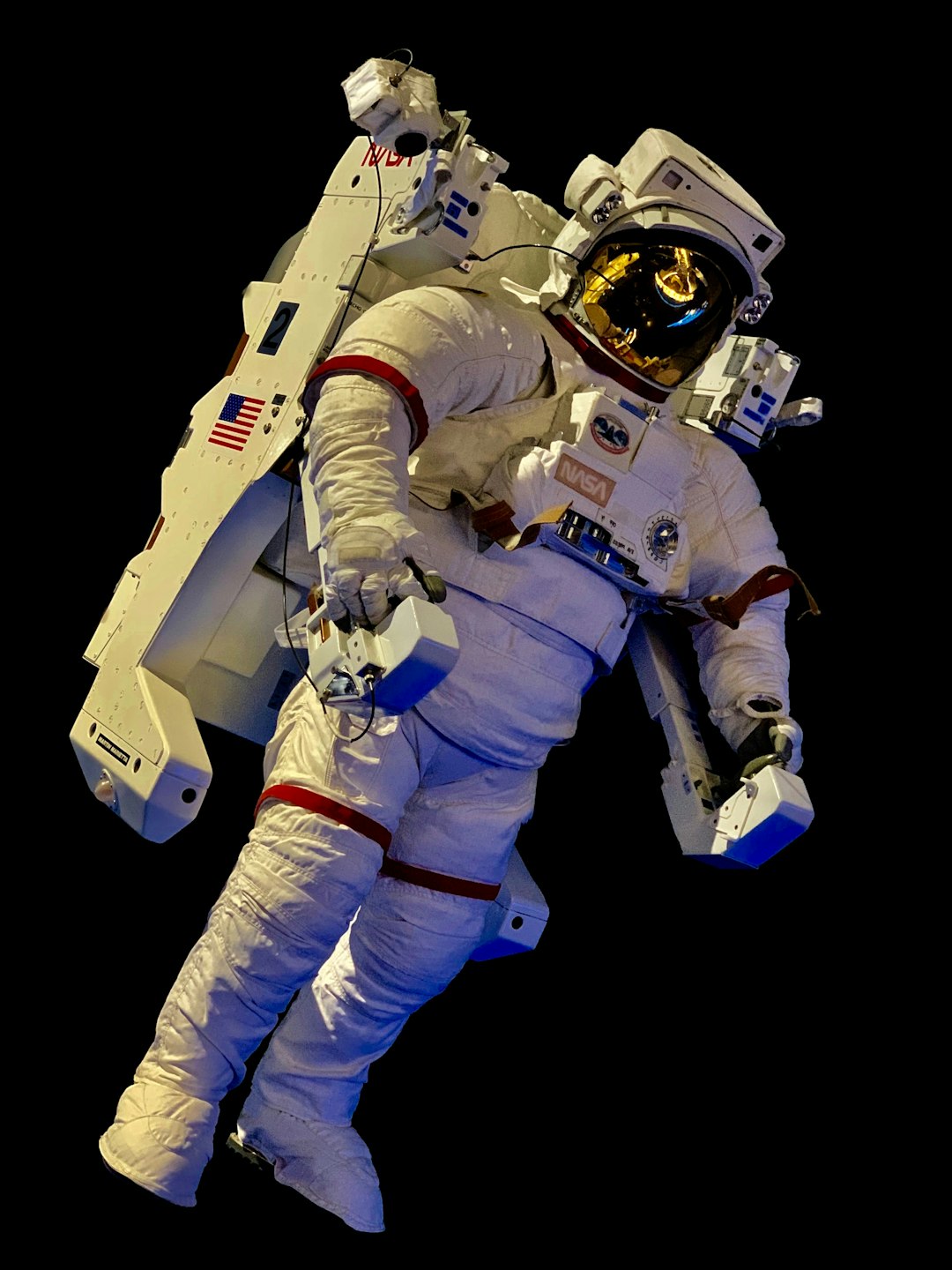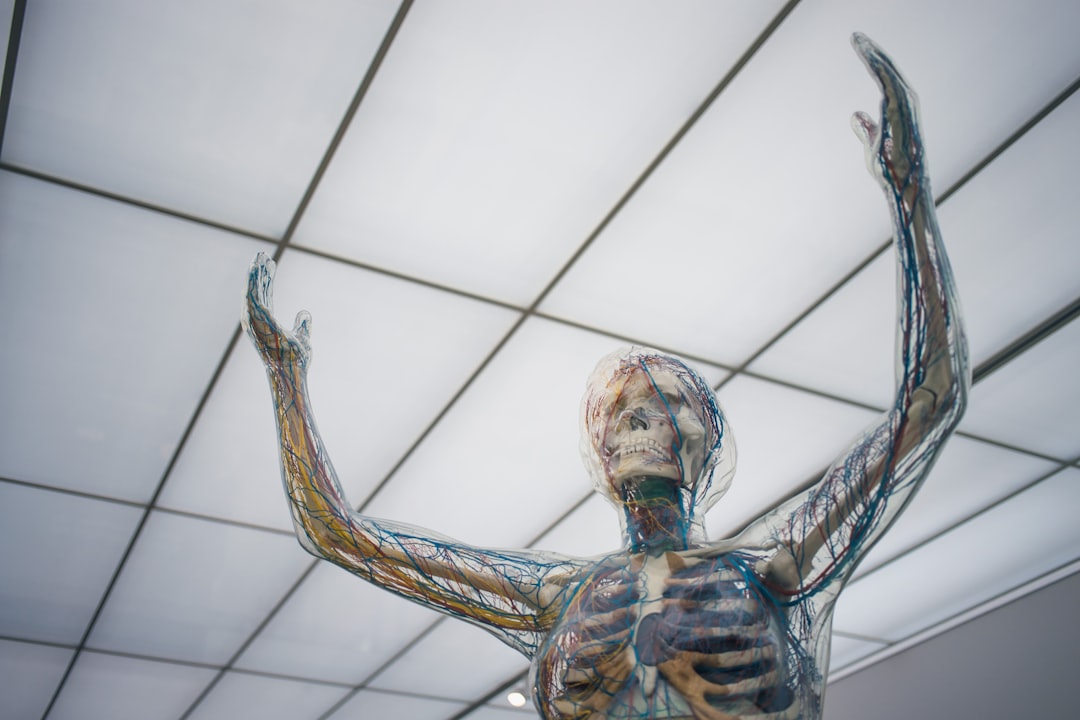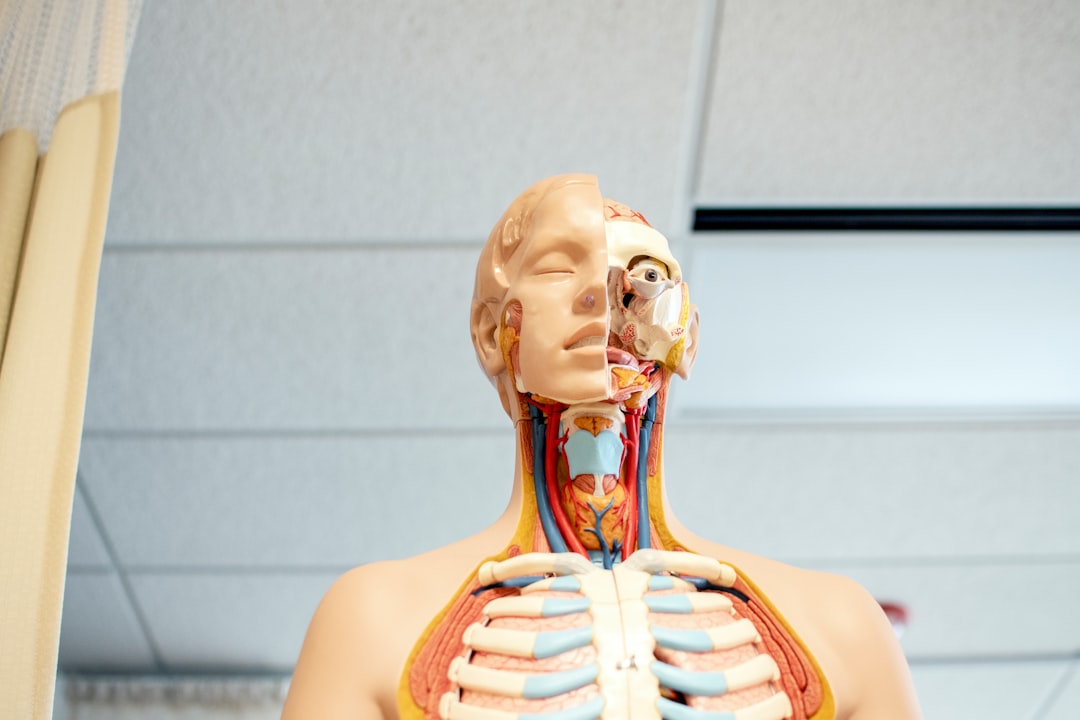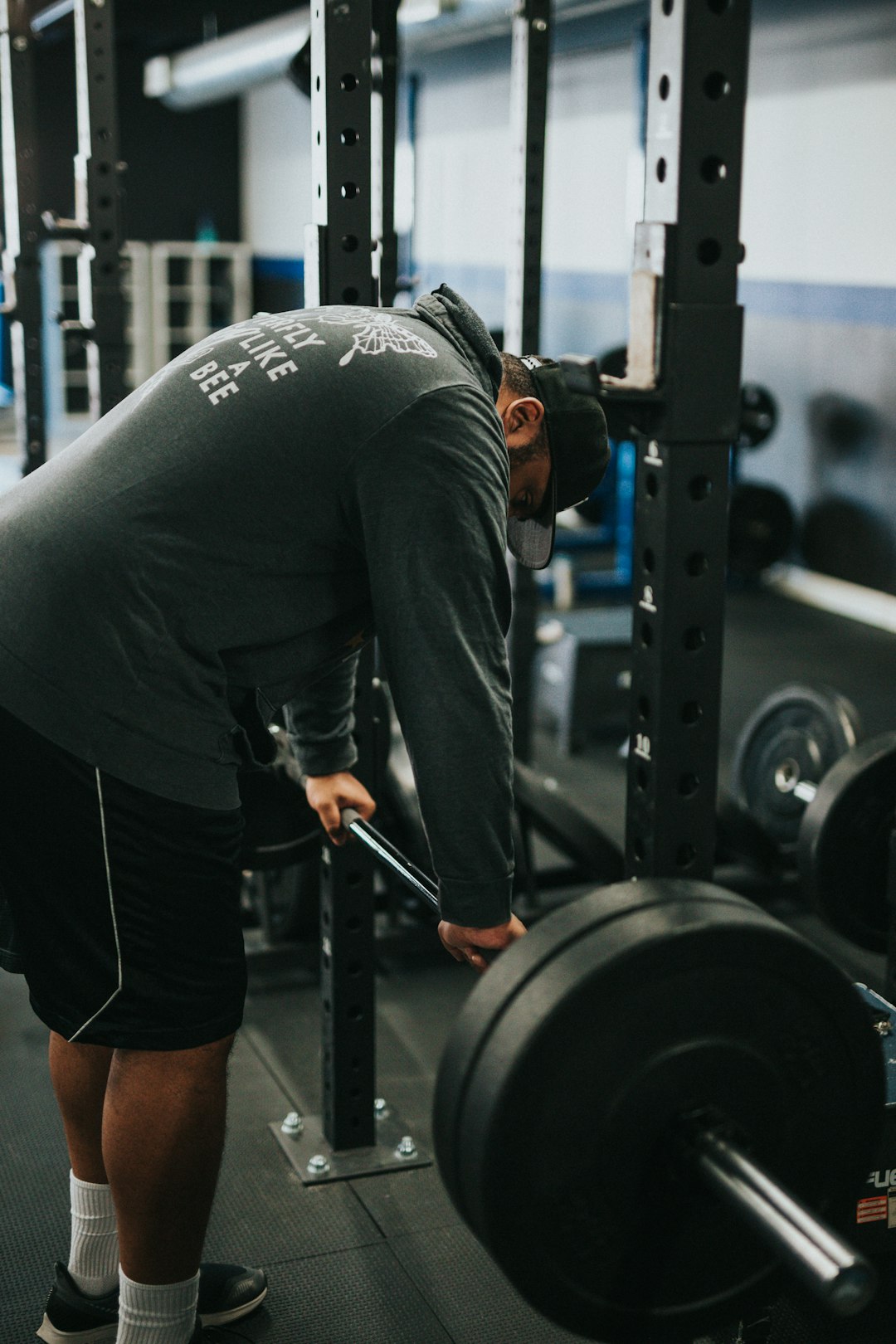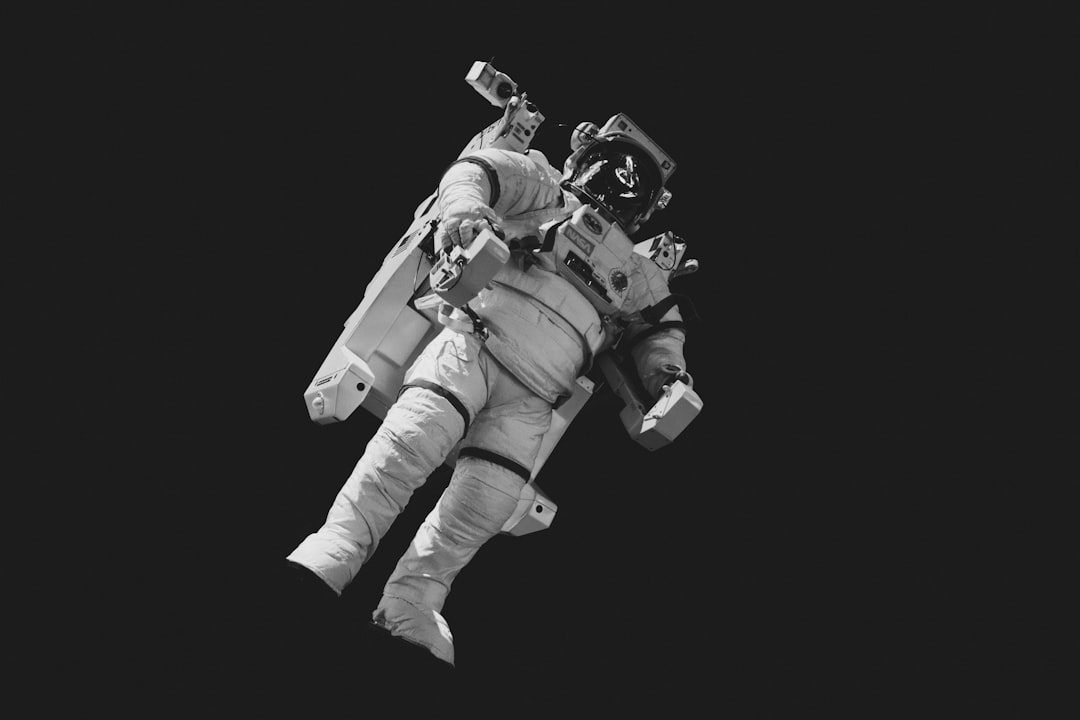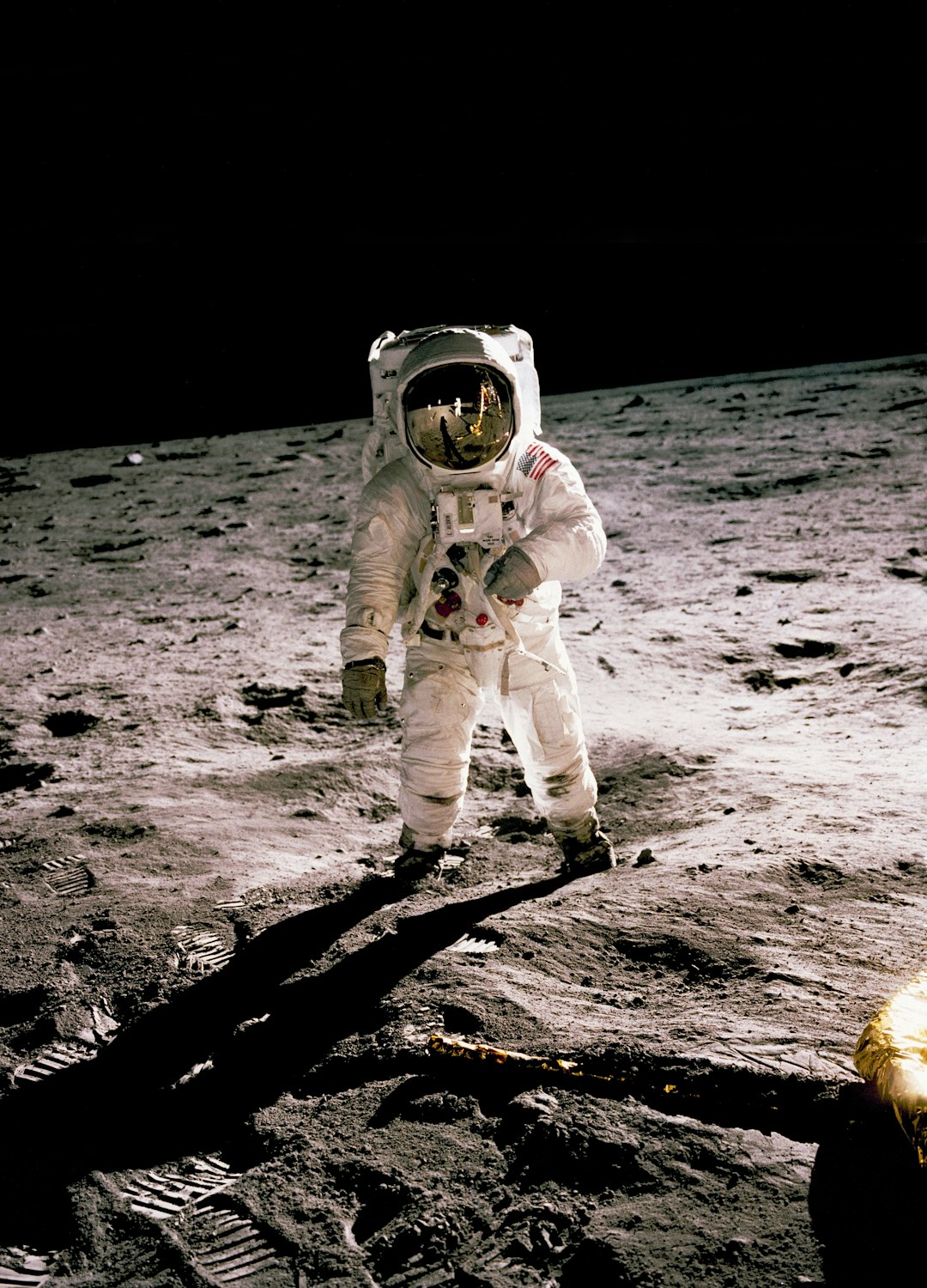Have you ever wondered what would happen to your body in space? If you haven’t, you should – it is fascinating. There’s a reason those spacesuits make every astronaut look like the Michelin Man!
We all know the typical scene from a sci-fi movie: there’s a struggle on the spacecraft or technology begins to fail, and a door is opened, sucking out a screaming victim into the vortex beyond. There is an undeniable conviction that they will not be getting back on board.
All those stories of “survival instinct” and human adaptability dissolve under the searing eye of near-zero pressure. Bear Grylls would last as long as your grandma. The human body is not built for the conditions outside of our planet.
We are needy creatures. We need oxygen, a certain pressure, and water – lots of it.
So let’s get back to our space shuttle. The door rips open, and you shoot outside. What happens, does your blood boil while your eyes burst out of their sockets? (There’s a new way to describe “surprised”!) Not quite.
The lack of oxygen wouldn’t kill you – instantly.
Your body would deplete the oxygen reserves in your body for no more than 15 seconds. Try not to hold your breath or panic (easier said than done when you are ricocheting into the atmosphere). If your space shuttle buddies haul you back into the ship in two minutes, you could have no permanent damage.
Why shouldn’t you hold your breath?
The more air you have in your lungs, the more significant the difference will be with the near-zero pressure outside. The sudden change will cause the gas inside your lungs to expand, rupturing the lungs and sending air into your circulatory system. In a nutshell, when those space doors open, you EXHALE.
Will I explode?
Not in the literal sense of the word. Your skin and tissues will begin to swell after about 10 seconds, however. Without atmospheric pressure to hold it all together, the human body will start to vaporize.
Remember Aunt Marge in Harry Potter, who blew up like a balloon? You could be a good stunt double at this point! You don’t burst though; the skin is surprisingly stretchy.
Is there any good news?
If you get back onto the spaceship in time, you will go back to normal! Your skin and bodily tissues will shrink back to their original sizes (more or less).
Your blood will also not suffer permanent damage. This is thanks to our steady circulatory system, which can keep your blood pressure internally regulated (unless you go into shock).
Your tongue may boil. This is not as drastic as it sounds – it’s the moisture that will begin to bubble without regulated pressure. Or so says Jim LeBlanc, who experienced this sensation when his suit ripped while he was in a test chamber. He lost consciousness after about fifteen seconds, but his last memory was reportedly a bubbling sensation on his tongue. He is fine now, by the way!
Also, if you are going to venture beyond the safety of the space shuttle unprotected, there is no sunblock known to humanity that will protect you against cosmic radiation. Expect a brutal burn and brace yourself for decompression sickness. The good news is you won’t freeze straight away! You will suffocate before you freeze to death.
Then what?
Okay, you are now a corpse drifting around in near-zero gravity, no known treatment in the universe will save you now.
What will happen to your body in space?
On Earth, bodies compose due to oxygen. There is no oxygen in space. Therefore, you have two options: if your body is floating near a source of heat, you will mummify. Otherwise, expect to freeze pretty sharpish. There will be a certain amount of decomposition, even in space, thanks to the inbuilt oxygen in your spacesuit. If you die in the nude, then it’s ice-block or mummy.
Hey, it’s not all bad! On the bright side, the unique conditions of space are much kinder to your body in death than in life. Your corpse will be protected from much weathering and degradation without the oxygen to break it down. You could be floating along in space for millions of years!
Now we have covered why NOT to venture beyond the space shuttle without your suit. Let’s bust some other myths about what happens to your body in space.
Exposure to zero pressure
When the human body is suddenly exposed to sudden decompression in a vacuum, the air in your lungs will expand. This could cause them to rupture unless it is exhaled immediately.
Another risk is a fatal condition called “ebullism,” where the decrease in pressure will affect the boiling point of body fluids and turn liquid in your blood and tissues into vapor. Ebullism will lead to tissue swelling, bruising, or your blood vessels will block altogether due to gas bubbles forming in your blood. What a lovely image.
How long could we survive in a full vacuum?
Your body’s utter inability to deal with zero pressure is one hiccup. The other one is our total dependence on a continuous supply of oxygen. Strange things happen in space. One of these is that the lungs suddenly do the opposite of their job.
In the absence of oxygen entering the blood, the remaining oxygen leaves the bloodstream in a vacuum. Now you are experiencing hypoxia, the fancy name for running out of oxygen. This is basically when the fuel light comes on in your human body’s oxygen tank.
Why not to become an Astronaut
The human body is a wonderfully resilient and fantastic machine. On Earth. In space, it is a whole different picture, and astronauts have to take extreme precautions to ensure they stay safe. Most will not return to Earth without some kind of long-term or permanent implication.
Even if you keep your space suit zippered up and weld your helmet to your head, merely experiencing space flight can damage your body. The human body has evolved on Earth, in the unique conditions of our planet. Gravity is one key factor. The human body will adapt to the microgravity conditions during a space flight, but there may be a physiological price to pay.
Have you ever seen those special tights sold in airport shops? They are to prevent “deep vein thrombosis.” Your cardiovascular system (“cardio” – heart, “vascular” – veins) has to fight gravity to avoid blood collecting in your legs. In space, microgravity, therefore, causes your fluids to suddenly shoot from your legs to the upper body in moments.
Let’s hope there is no mirror onboard the space shuttle. If you catch a glimpse of yourself, you may notice “puffy face” syndrome, or see your “bird legs.” The names should be self-explanatory!
Your fluids will normalize after about 12 hours, but some astronauts have reported having blocked noses and painful eyes after a long spaceflight. What can you expect by putting all that extra pressure on your skull?
When you are back on Earth, expect to pass out or experience heart palpitations after 10 minutes of standing. With the change in levels of gravity in space, your body will produce less blood, and your heart will beat slower. When you get back home, your body will need to readjust. You had better sit down.
Do you love to work out? If you didn’t have a gym membership before your trip to space, you had better sign up as soon as you get home. In space, your body will lose up to half of its muscle mass (if you are on a long haul flight that is). Have you ever seen a patient leaving the hospital after months of lying in bed? They don’t look ready to hit the basketball court. Your muscles will waste away, what is known as “muscle atrophy.”
Also, you had better load up on calcium-rich food and supplements. Because your body will have been so much lighter in the microgravity conditions of space, your skeleton will have shed minerals and lost bone density. Do try not to fall over when you get back on Earth, those bones of yours will be as brittle as your grandmas.
Space sickness
Did you get carsick as a child? Maybe you still get nauseous on those long and windy road trips? Well, get ready for a whole new level of dizzy. Most astronauts experience space sickness for the first few days in space. This is because your body’s sensory networks, especially your balance and coordination, will be sent haywire by the microgravity conditions in space.
You will probably be a little earth sick on arrival home too!
Bring a good book with you, as you won’t be sleeping much in space. You may experience vivid dreams or patchy sleep. Again, that pesty microgravity is to blame. Another factor for disturbed sleep is the cosmic radiation, which may cause bright flashes in your vision when you are trying to drift off.
Do you make sure you buy sunglasses that filter out UV rays? It may have been in vain because you will be unavoidably exposed to ultraviolet radiation in space. UV rays are mostly spent in the atmosphere and very little reach the actual surface of Earth. In space, you will be sunburned in seconds.
You spacesuit has unique fabric to deflect rays, but some higher energy radiation that we don’t have on Earth could penetrate your suit and cause severe health implications.
Long term effects included heightened possibility of developing certain cancers, damaged brain cells, and early cataracts. Also, exposure to radiation could lower your immune system, making you vulnerable to all sorts of bugs and infections.
Are you ready to sign up for NASA?
To date, the record time a human body has spent in space was 438 days. With the current technology, a manned trip to Mars would take over two years. Mars tourists on board would be exposed to at least 660 ± 120 millisieverts of radiation over a round trip.
There is still a lot of unknown about the effects of long-term space travel. Scientists are designing new technologies to combat the effects of microgravity and exposure to radiation.
It may not happen tomorrow. It may not happen ever. But if you have your heart set on the dream destination of Mars, get ready for the potential impact on your body!
